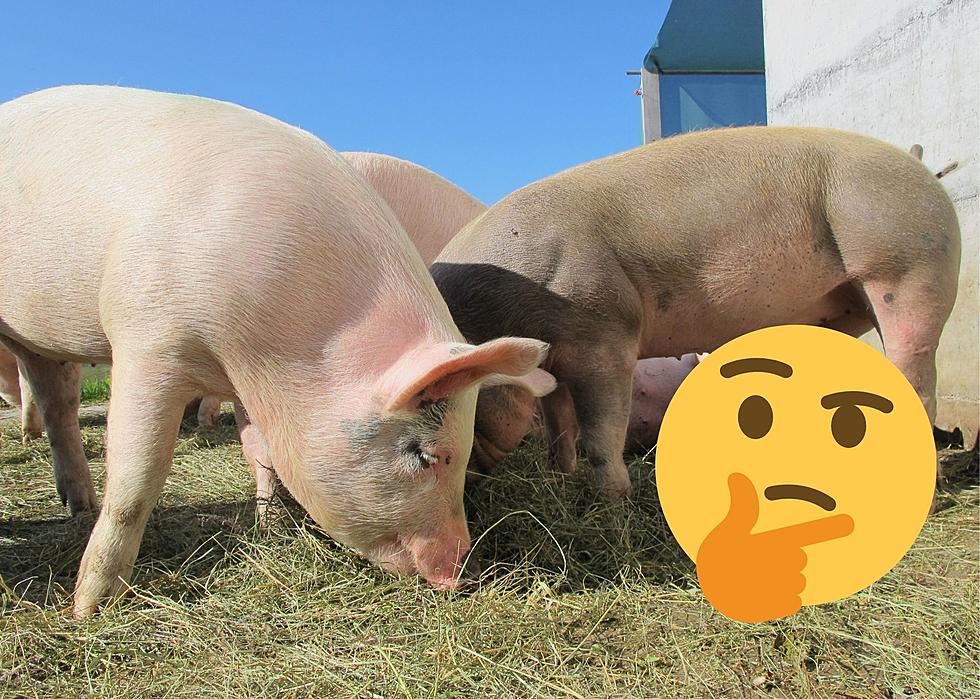
Be On The Lookout For A New Mosquito In Iowa
Farmers might have to deal with a new pesky insect this year when they are working in their fields.
The mosquito surveillance efforts by Iowa State University entomologists have found evidence of a new mosquito in three counties in Iowa. In a report by Radio Iowa, entomologist Ryan Smith said he did NOT believe Aedes albopictus would make it through Iowa’s winter.

"It's been found in some of the neighboring states, Missouri and Illinois, but it's been thought as you went a little further north it wouldn't survive the winters. Our data suggest not only is it surviving -- but it seems to be actually spreading,” said Smith.
The mosquito has been found in Lee, Des Moines, and Polk Counties.
"This is a species that can be a bit more aggressive in biting humans. So, it can become a bit of a nuisance. And it has the ability to transmit diseases we haven't really had here in Iowa with the ability to transmit dengue (deng-ee), Zika (zee-kuh), and chikungunya (Chick-en-goon-yuh)," said Smith.
It’s the mosquito’s ability to spread disease that raises concern.
"Every year people from Iowa go off to tropical places and bring back some of these mosquito-borne diseases," he says. "And with having these mosquitoes here there is a very rare chance -- but possible -- they can become infected as they feed on one of these people and can cause further transmission."
However, according to Smith, it is not something we need to be super worried about- but that it is something to be aware of.
"I think it just kind of raises -- especially if you are in some of these counties -- the potential that these could be a nuisance and potentially bite you on summer days.],” said Smith. “And I think it also kind of stresses trying to remove any kind of debris or items on your yards or property that can collect standing water.”
Common mosquitos we have seen in Iowa are impacted by dry conditions—these seem to manage the dry conditions much better.
"This one is going to rely on those little places that can collect some water. The eggs are able to withstand long periods of drought. Sometimes just a little bit of rain can trigger them to pop out in pretty large numbers," he says
And if you’re wondering what to look out for when it comes to this insect, it is recognizable compared to the ones you normally see in your backyard.
"It is very dark in color, almost black, and has kind of white bands on its legs and abdomen. And most distinctly it has a single white kind of racing stripe right down its back."
If you do happen to find this mosquito, Smith asks that you contact him.
Iowa’s Top 10 Most Common Snakes
Sans Souci Island: The Secret Island Of Waterloo
More From AM 950 KOEL









